Posts Tagged: California
Cruise puts robotaxi operations on pause following California license suspension
Cruise has paused all its driverless operations, the company has announced on LinkedIn and X. The GM-backed self-driving firm explained that it’s taking time to examine its “processes, systems and tools” and that it will “reflect on how [it] can better operate in a way that will earn public trust.” Cruise has been thrust under the spotlight recently after the California Department of Motor Vehicles (DMV) suspended its permits to operate driverless vehicles in the state due to several safety related issues. The California Public Utilities Commission also suspended the license giving Cruise the right to charge passengers for robotaxi rides.
(2/3) In that spirit, we have decided to proactively pause driverless operations across all of our fleets while we take time to examine our processes, systems, and tools and reflect on how we can better operate in a way that will earn public trust.
— cruise (@Cruise) October 27, 2023
One of the latest incidents involving a Cruise vehicle happened in early October when a woman was hit by another car and was hurled in front of one of the company’s driverless vehicles. Cruise’s robotaxi stopped on top of her leg and pinned her underneath until first responders arrived and could extract her. The DMV suspended the company’s permits a few weeks afterward.
As CNBC notes, this move comes shortly after GM CEO Mary Barra said the automaker will support Cruise’s expansion with “safety” as its “gating factor.” TechCrunch says it also comes just a day after an all-hands meeting, wherein CEO Kyle Vogt told his staff that Cruise hasn’t paused operations outside of California. To note, the company has driverless fleets in Phoenix, Austin, Houston, Dallas and Miami, as well.
The company didn’t elaborate on what examining its tools and systems entail and how exactly it intends to “rebuild public trust.” For now, Cruise will only be deploying autonomous vehicles with drivers behind the wheel.
This article originally appeared on Engadget at https://www.engadget.com/cruise-puts-robotaxi-operations-on-pause-following-california-license-suspension-051300118.html?src=rss
Engadget is a web magazine with obsessive daily coverage of everything new in gadgets and consumer electronics
Google settles California lawsuit over its location-privacy practices
Google will pay $ 93 million in a settlement it reached with California Attorney General Rob Bonta, resolving allegations that the company’s location-privacy practices violated the state’s consumer protection laws. The California Department of Justice claimed that Google was “collecting, storing, and using their location data” for consumer advertising purposes without informed consent.
The complaint alleges that Google continued to collect consumer data related to a user’s location even when a user turned the “location history” feature off. The company settled similar lawsuits in Arizona and Washington last year for illegally tracking consumers.
In addition to paying $ 93 million, Google agreed to “deter future misconduct.” This settlement, which won’t really hurt Google’s deep pockets, is important because the tech giant generates the majority of its revenue from advertising and location-based advertising is a critical feature of its advertising platform.
Moving forward, the California AG is asking Google to provide additional transparency about location tracking by providing users with detailed information about location data it collects. The company must also provide disclaimers to users that their location information may be used for ad personalization.
Engadget reached out to Google for comment but didn't receive a response.
This article originally appeared on Engadget at https://www.engadget.com/google-settles-california-lawsuit-over-its-location-privacy-practices-190859183.html?src=rss
Engadget is a web magazine with obsessive daily coverage of everything new in gadgets and consumer electronics
California DMV is investigating a Cruise robotaxi’s collision with a fire truck
Cruise will temporarily be deploying fewer autonomous vehicles in San Francisco while investigators are looking into "recent concerning incidents" involving its fleet. According to The New York Times and TechCrunch, the California Department of Motor Vehicles asked the company to cut its fleet in half after an incident wherein one of Cruise's robotaxis collided with a fire truck at an intersection. The fire truck had its sirens and red lights on and was responding to an emergency at the time, while the robotaxi has passengers onboard who sustained non-life-threatening injuries. In another, perhaps less controversial, incident a few days before that, a Cruise vehicle got stuck in wet concrete.
The DMV said in a statement that its primary focus is "the safe operation of autonomous vehicles and safety of the public who share the road with these vehicles." It also added that it "reserves the right, following investigation of the facts, to suspend or revoke testing and/or deployment permits" if it determines that a company's vehicles is a threat to public safety. The agency has asked Cruise to limit its driverless vehicles in operation to 50 during daytime and 150 at night, at least until the investigation is done.
In an explanation about the collision posted on the company's website, Cruise's General Manager for San Francisco, Greg Dietrerich, said the robotaxi identified the emergency vehicle as soon as it came into view. It was also able to distinguish the fire truck's sirens "as soon as it was distinguishable from the background noise." However, it wasn't possible to see vehicles coming from around the corner "until they are physically very close to the intersection" where the incident happened. Further, the autonomous vehicle had trouble predicting the fire truck's path, because it moved into the "oncoming lane of traffic" to bypass a red light. Dietrerich said Cruise's AV identified the risk of a collision and hit the brake to reduce its speed, but it wasn't able to avoid the crash completely due to those conditions.
The DMV's request comes just a few days after the California Public Utilities Commission (CPUC) voted in favor of allowing both Cruise and Waymo to charge fares for fully driverless rides any time of the day in San Francisco. Before that, Cruise could only offer fared rides with no safety driver onboard in limited areas of the city between 10PM and 6AM. The only commissioner who voted against the companies' paid ride expansion argued that the CPUC didn't have enough information to accurately evaluate the impact of autonomous vehicles on first responders.
This article originally appeared on Engadget at https://www.engadget.com/california-dmv-is-investigating-a-cruise-robotaxis-collision-with-a-fire-truck-093037885.html?src=rss
Engadget is a web magazine with obsessive daily coverage of everything new in gadgets and consumer electronics
California deploys AI to detect wildfires before they start spreading
AI and climate change represent two ways humans may ravage life as we know it on Earth, but the former can also help with the consequences of the latter. The California Department of Forestry and Fire Protection (Cal Fire) revealed a new program today that uses AI to detect wildfires. Created in partnership with the University of California San Diego, the Alert California AI program takes feeds from 1,032 360-degree rotating cameras and uses AI to “identify abnormalities within the camera feeds.” It then notifies emergency services and other authorities to check if a potential blaze warrants a response.
The program, launched in July, has already quelled at least one potential wildfire, according toReuters. A camera reportedly recorded a fledgling fire burning at 3 am in the remote Cleveland National Forest east of San Diego. The AI spotted the inferno and alerted a fire captain “who called in about 60 firefighters including seven engines, two bulldozers, two water tankers and two hand crews.” Cal Fire says the flames were extinguished within 45 minutes.
The Alert California technology website says it uses LiDAR scans taken from airplanes and drones to create “equally precise, three-dimensional information about scanned surfaces.” It combines this with the physical traits of tree species to learn more about California’s forest biomass and carbon content. Cal Fire says the ML model leverages petabytes of data from the cameras to differentiate between smoke and other airborne particles.
The system was developed by UCSD engineers using AI from the California-based company DigitalPath. Cal Fire has invested over $ 20 million in the program over the past four years and promises an additional $ 3,516,000 in the near future.
“We’re in extreme climate right now. So we give them the data, because this problem is bigger than all of us,” Neal Driscoll, geology and geophysics professor at UCSD who serves as the program’s principal investigator, told Reuters. “We need to use technology to help move the needle, even if it’s a little bit.” However, Driscoll adds that the current sample size is too small to determine the program’s overall effectiveness.
You can check out Alert California’s “camera quilt” on your computer or mobile device. The website displays a grid of the remotely operated live camera views from across the region.
This article originally appeared on Engadget at https://www.engadget.com/california-deploys-ai-to-detect-wildfires-before-they-start-spreading-194535845.html?src=rss
Engadget is a web magazine with obsessive daily coverage of everything new in gadgets and consumer electronics
ISPs end fight against California net neutrality law
In a win for net neturality, ISPs agreed to end their legal challenge to a 2018 Californa law that bars providers from throttling service. Telecom groups and California Attorney General Rob Bonta today jointly agreed to dismiss the case, reportedReuters.
It’s fair that say that luck hasn’t exactly been on the telecom industry’s side. Earlier this year, the 9th Circuit Court of Appeals refused to reconsider its ruling that California’s law be upheld. And last year, the US DOJ dropped its own lawsuit over the net neutrality law, which the agency had filed during the Trump administration.
“Following multiple defeats in court, internet service providers have finally abandoned an effort to block enforcement of CA's net neutrality law. This is a win for California and for a free and fair internet,” wrote Bonta in a tweet.
After Trump-appointed FCC Commissioner Ajit Pai overturned the agency's net neutrality rules in 2017, California’s legislature decided to enact its own law. The state’s net neutrality law, which went into effect in August 2018, expanded on previous federal rules by banning the use of “zero-rating” by ISPs in an anti-competitive manner. Zero-rating occurs when an ISP exempts any of its affiliated services from eating away at a customer’s data caps. For example, AT&T Wireless once exempted HBO Max from the data caps of its internet customers. The company dropped this practice last year, and blamed the impact of California’s law. Digital rights groups like Electronic Frontier Foundation have argued that zero-rating is hostile to consumers, especially those from low-income households.
Federal net neutrality rules that were blocked under the Trump administration have yet to be restored by the FCC under President Joe Biden. That’s because the five-member panel is currently short one member, which they’ll need in order to vote on net neutrality. The agency is awaiting the Senate confirmation of Gigi Sohn. But thanks to intense lobbying from telecom groups and a number of Republicans (and moderate Democrats) in Congress, Sohn’s confirmation is stalled at present.
California votes to strip employee protections from Uber and Lyft drivers
Uber and other ride-hailing and delivery companies in California have prevailed in a $ 220 million dollar gambit to keep workers as independent contractors. Proposition 22, a side ballot to overturn a California law that made drivers full employees, p…
Engadget
California Uber drivers sue company over Prop 22 app notifications
It’s no secret Uber has been aggressively supporting Proposition 22, a California ballot initiative that would allow the company to skirt a state law requiring them to classify drivers as employees. Now, a group of the app’s drivers say the company’s…
Engadget
Uber CEO says his company can’t hire all of its drivers in California
Whatever the outcome of its ongoing legal spat with the state of California, Uber CEO Dara Khosrowshahi doesn’t believe his company can employ all the people who drive for the platform in California, at least not without a fundamental rethinking of i…
Engadget RSS Feed
DOJ launches probe of automakers that agreed to California emissions rules
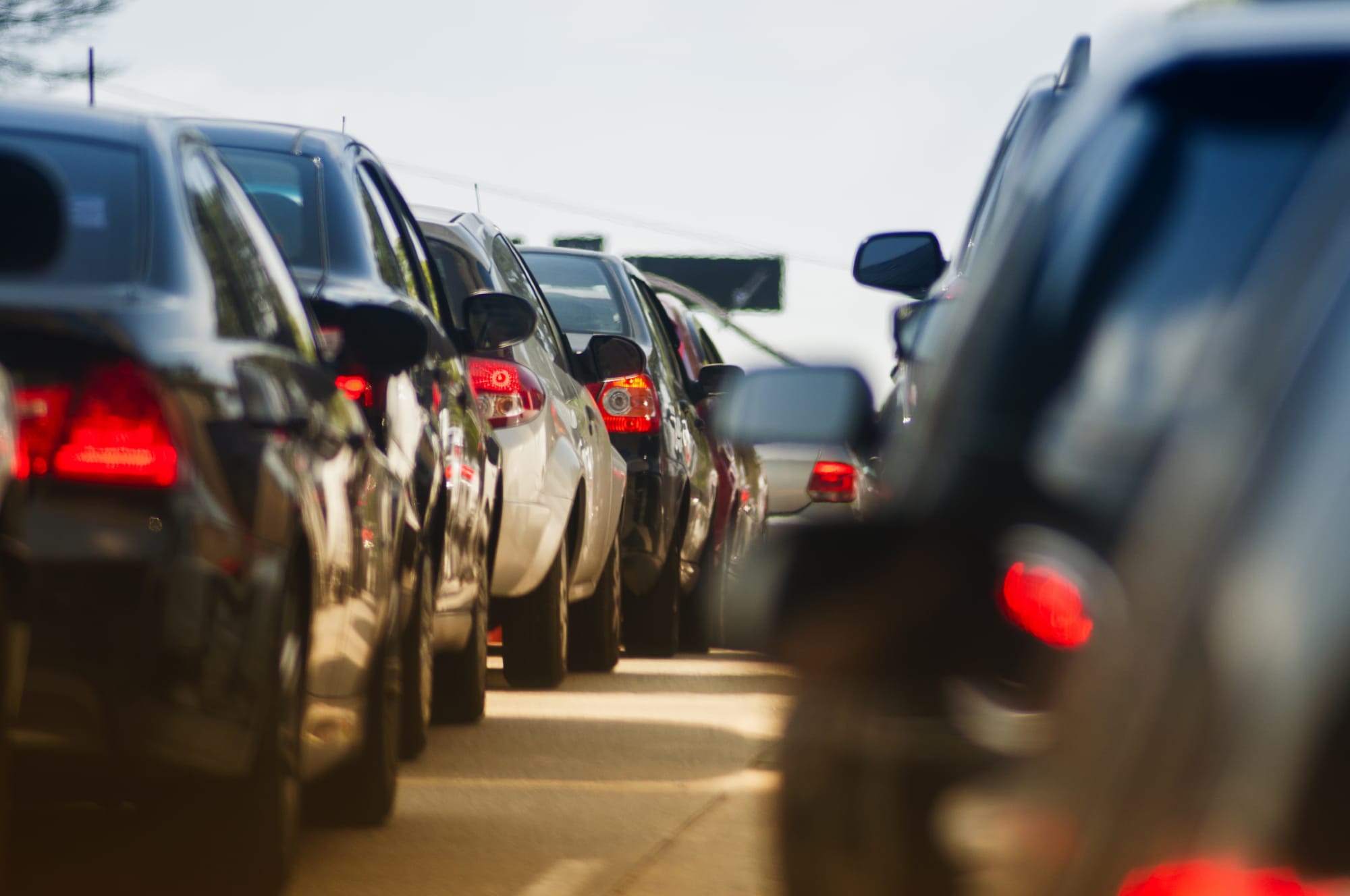
Engadget RSS Feed
California advances bill offering protections to gig economy workers
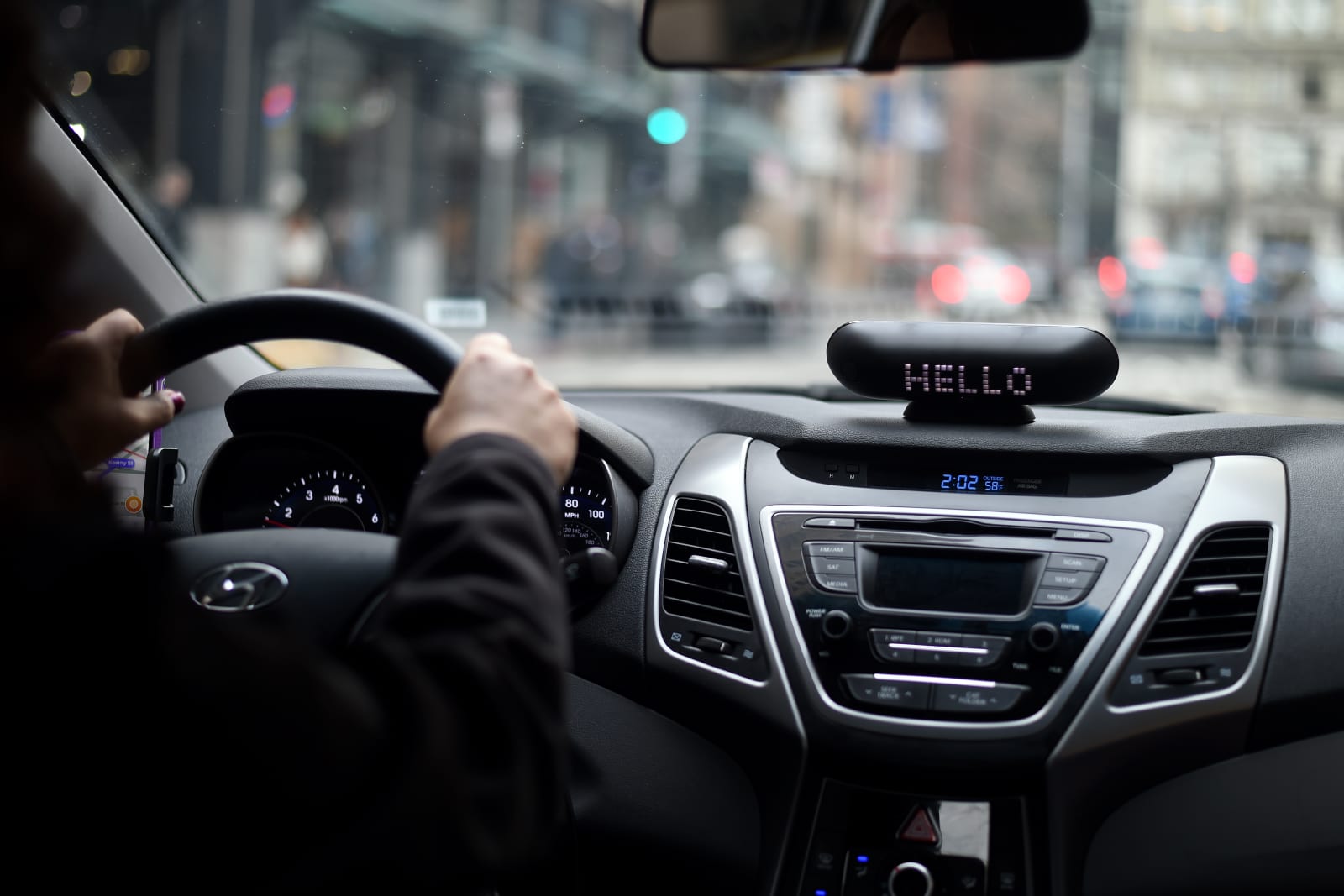
Engadget RSS Feed
California issues its first approval for an autonomous ride service
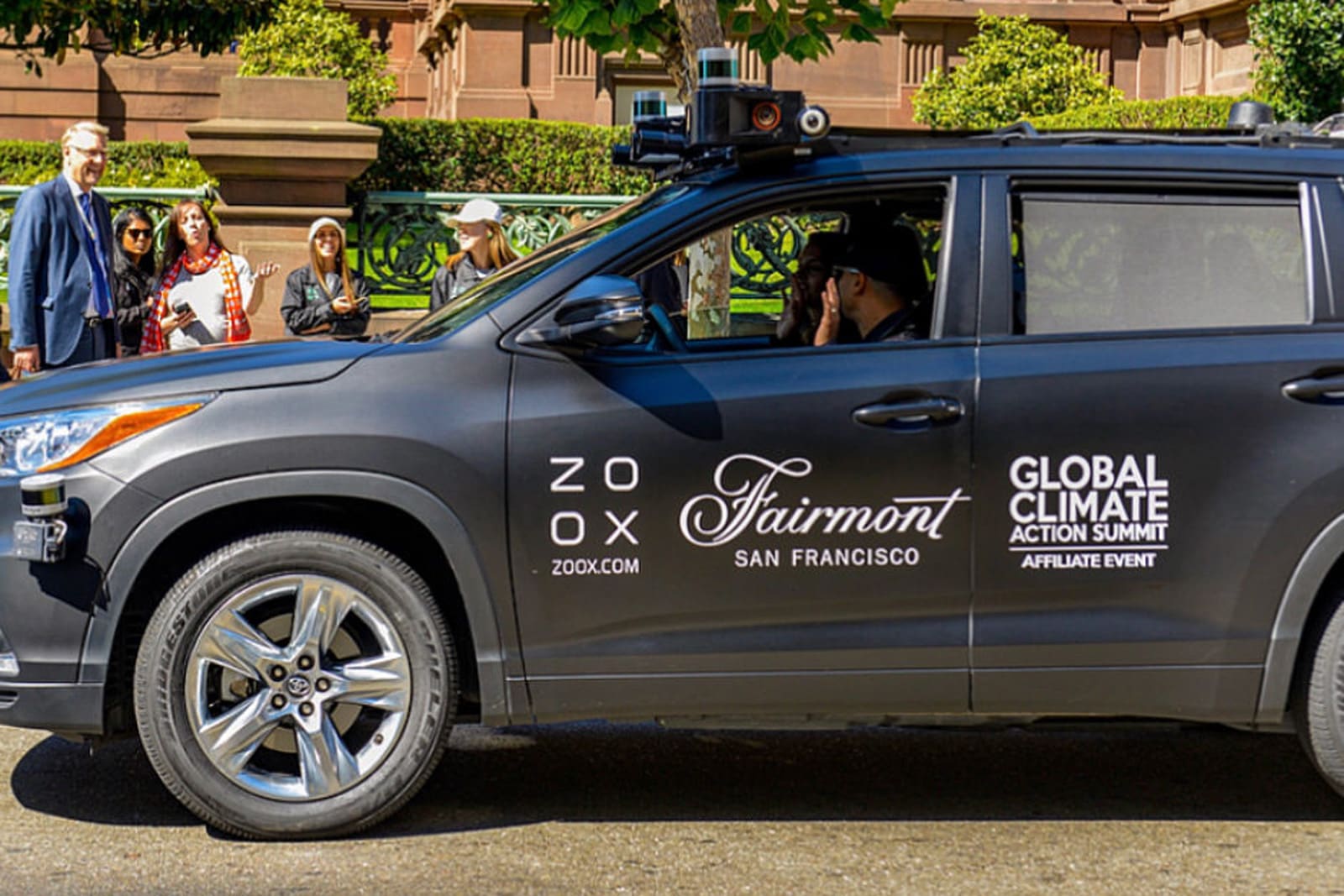
Engadget RSS Feed
California requires companies to include women on their boards
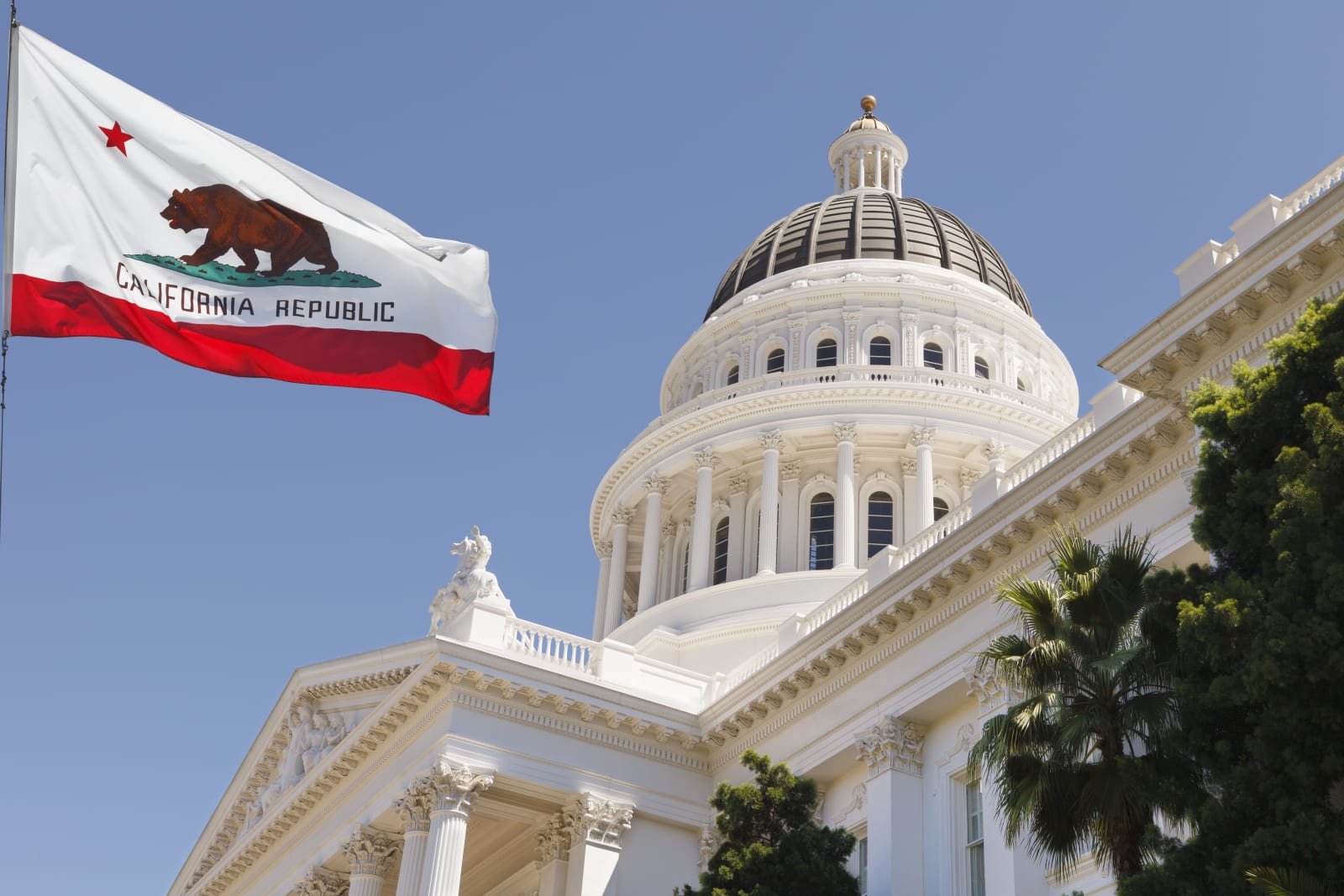
Engadget RSS Feed
California has already hit its 2020 greenhouse gas emissions goal
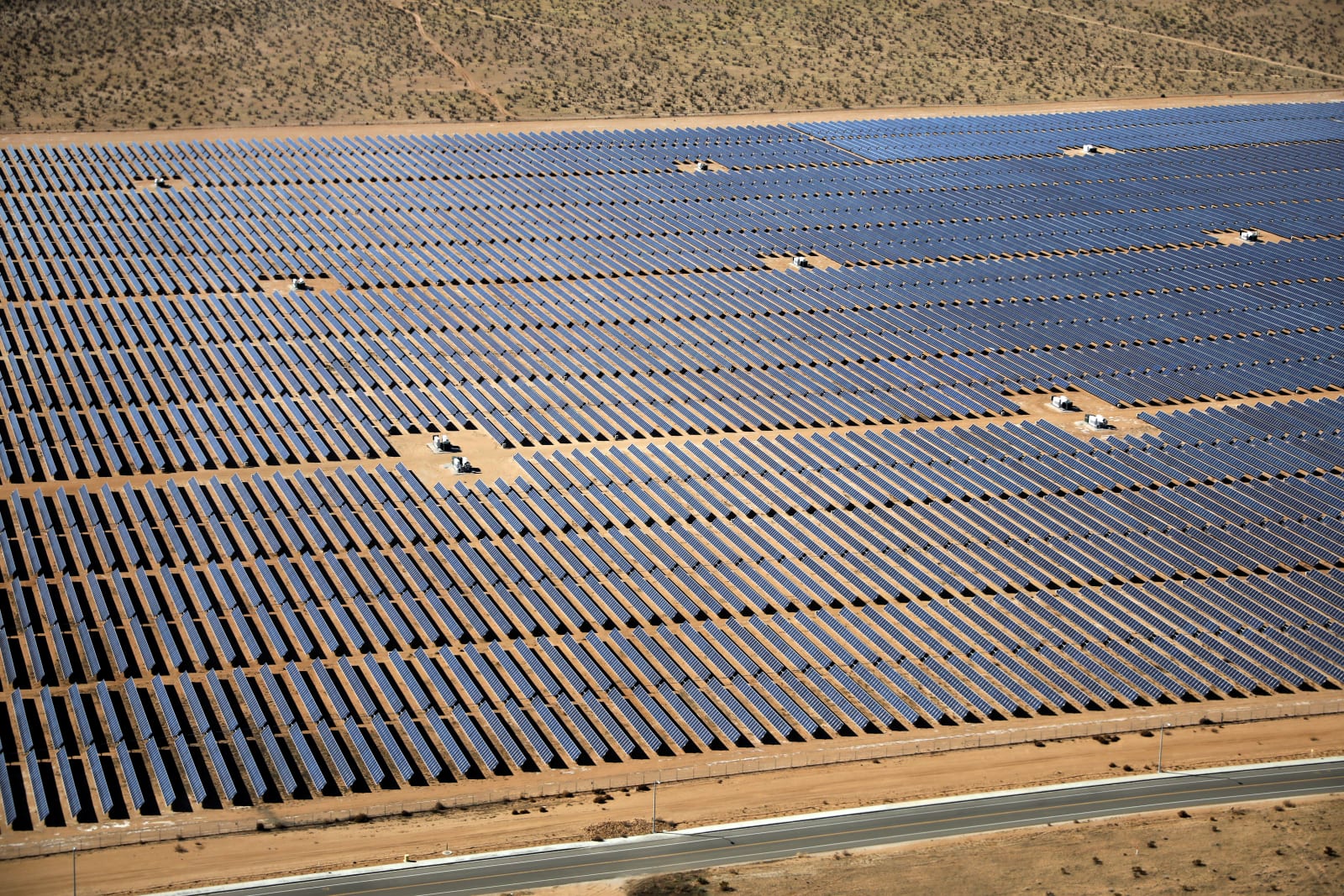 The EPA may be in shambles after Scott Pruitt's short but brutal tenure, but California actually has some good news on the global warming front. The state is well ahead of its schedule for cutting greenhouse gases. According to data released by the C…
The EPA may be in shambles after Scott Pruitt's short but brutal tenure, but California actually has some good news on the global warming front. The state is well ahead of its schedule for cutting greenhouse gases. According to data released by the C…
Engadget RSS Feed
California Rep. requests 23andMe to help reunite children with families
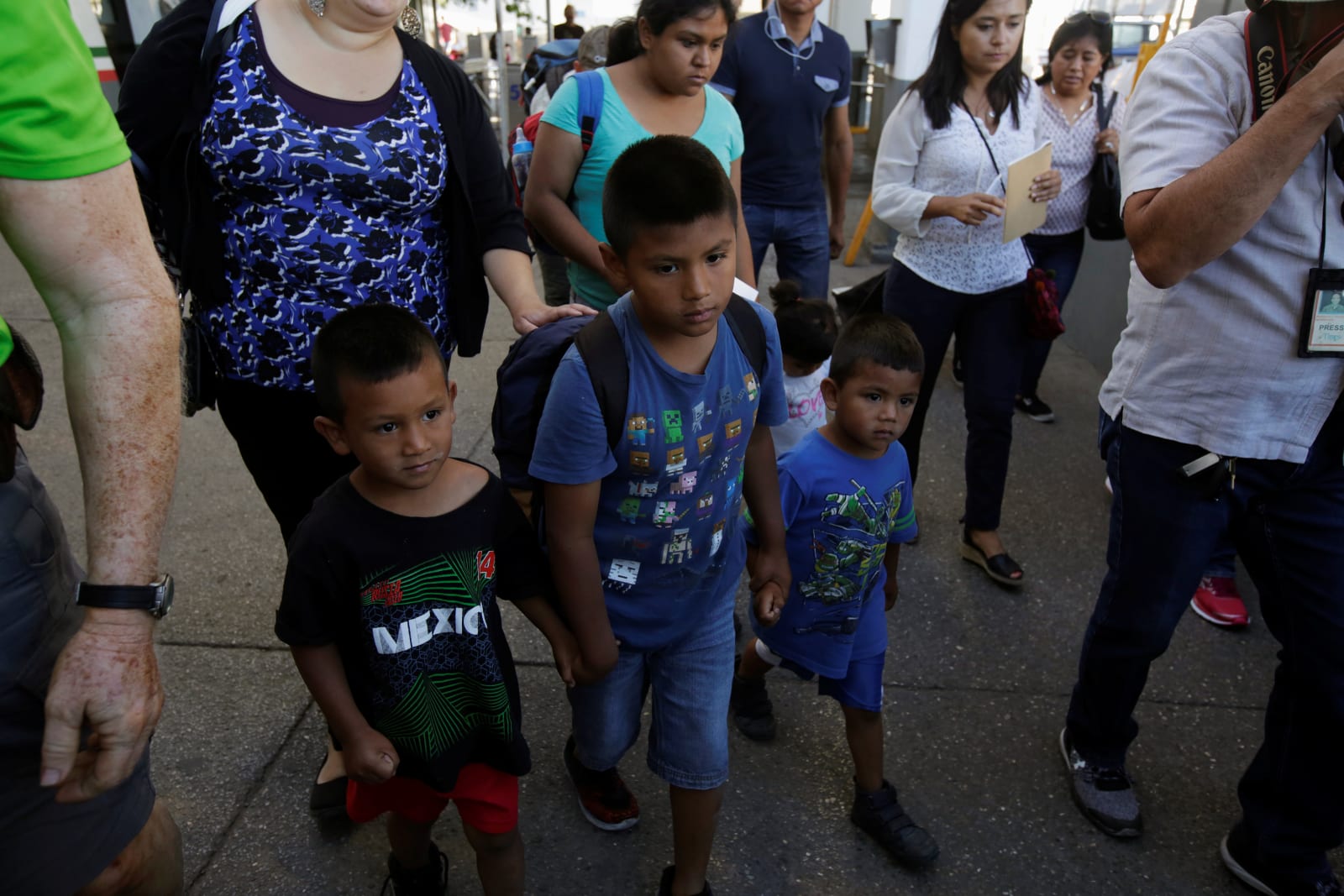 California Representative Jackie Speier reportedly asked DNA-testing company 23andMe to help reunite children separated from their parents at the US-Mexico border due to Trump's 'zero tolerance' immigration policies. She told Buzzfeed that she was co…
California Representative Jackie Speier reportedly asked DNA-testing company 23andMe to help reunite children separated from their parents at the US-Mexico border due to Trump's 'zero tolerance' immigration policies. She told Buzzfeed that she was co…
Engadget RSS Feed
Didi Chuxing receives permit to test self-driving cars in California
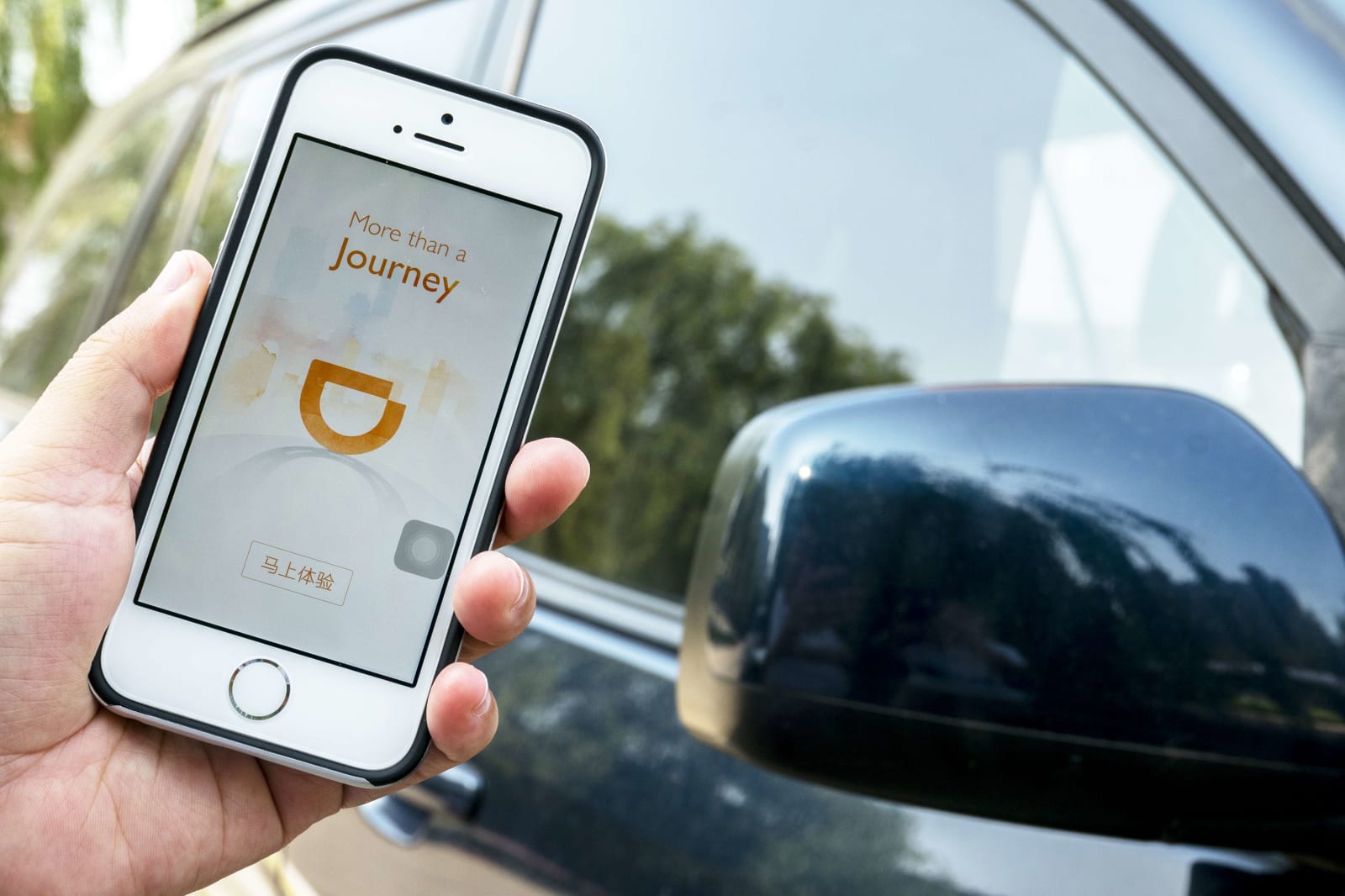 You might not hail a ride from China's Didi Chuxing unless you visit Mexico, but there's still a real chance you'll see its vehicles on the road. California's Department of Motor Vehicles has issued an autonomous vehicle testing permit to Didi's Ame…
You might not hail a ride from China's Didi Chuxing unless you visit Mexico, but there's still a real chance you'll see its vehicles on the road. California's Department of Motor Vehicles has issued an autonomous vehicle testing permit to Didi's Ame…
Engadget RSS Feed
‘Right to repair’ bill introduced in California
An all-too-common occurrence for smartphone owners, or any electronic device for that matter, is breakage. This is why we see so many cases made available to protect items that cost several hundred dollars. Despite efforts to avoid damage it seems inevitable and when it happens, device owners are not left with many choices when it […]
Come comment on this article: ‘Right to repair’ bill introduced in California
Hyperloop passenger pods hurtle along a test track in California contest
The ultra-fast Hyperloop transportation system will need passenger pods if it’s ever to become a thing, and teams of student engineers are hoping to create the capsules. A contest over the weekend brought together the best of the bunch.
The post Hyperloop passenger pods hurtle along a test track in California contest appeared first on Digital Trends.
California resident sues Apple over absence of lock-out function while driving
Texting while driving is a problem that a California resident believes Apple can minimize, but will not do, with a lock-out mechanism for the iPhone. This belief is at the center of a lawsuit against the company.
The post California resident sues Apple over absence of lock-out function while driving appeared first on Digital Trends.
New California law requires registration of all 3D-printed guns
Impacting the firearm hobbyist community within California, new legislation approved by the Governor will require a background check in order to obtain proper registration for any homemade gun.
The post New California law requires registration of all 3D-printed guns appeared first on Digital Trends.
